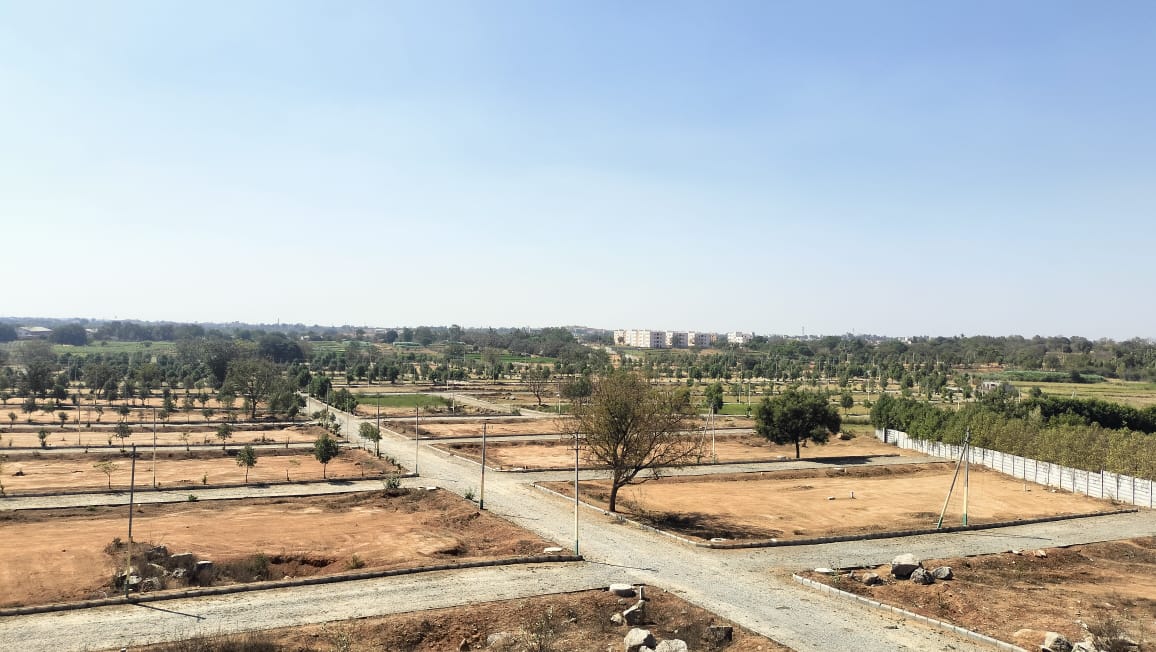Introduction
In recent years, Artificial Intelligence (AI) has transformed a wide range of industries, and the real estate sector is no exception. One area that is seeing significant change is the management, sale, and development of land plots. Whether for residential, commercial, or agricultural use, AI-driven tools are reshaping how land is evaluated, marketed, and developed, offering more efficiency and insight than ever before. In this article, we explore how AI is influencing the world of land plots and what this means for the future of real estate.
AI in Land Valuation and Market Analysis
Traditionally, assessing the value of land required a manual review of multiple factors, including location, size, zoning regulations, soil quality, and proximity to infrastructure. However, AI-powered systems now allow for real-time analysis of these variables, using vast amounts of data to deliver accurate and timely land valuations. Machine learning algorithms can examine historical sales data, environmental factors, and current market trends to provide detailed insights, helping investors and developers make informed decisions.
Additionally, AI tools can identify emerging markets by analyzing patterns that are often too complex for human analysts to detect. This is particularly valuable in predicting which areas will experience growth, allowing investors to purchase land before prices soar.
Smart Zoning and Urban Planning
AI is also being integrated into urban planning and zoning. By simulating different development scenarios, AI can assist city planners in making decisions that promote sustainable growth. These systems take into account population density, traffic patterns, environmental impact, and existing infrastructure to suggest the best use of available land plots.
For developers, AI can help navigate complex zoning laws by quickly analyzing legal restrictions and compliance issues. This reduces the time and effort needed to get projects off the ground and ensures developments align with long-term urban growth strategies.
Precision Agriculture and Land Use Optimization
For agricultural land plots, AI has introduced precision farming techniques that maximize the yield and efficiency of the land. AI systems can analyze soil conditions, weather patterns, and crop health in real-time to optimize planting, watering, and harvesting schedules. This is particularly beneficial for large landowners or farming cooperatives, who can use AI-driven insights to increase productivity while minimizing environmental impact.
AI can also recommend the most suitable crops for a particular plot of land, based on local climate data, soil composition, and market demand. This allows farmers to make data-driven decisions that increase profitability.
AI-Powered Land Plot Marketing and Sales
In the competitive world of real estate, marketing land plots effectively is crucial. AI has revolutionized this process by offering targeted marketing that identifies potential buyers based on their preferences and search behavior. AI algorithms analyze data from online searches, social media, and real estate platforms to pinpoint individuals or companies that are likely to be interested in a particular type of land plot.
Moreover, AI-powered chatbots and virtual assistants provide a more personalized experience for buyers. These tools can answer inquiries, schedule site visits, and even provide virtual tours of the land, improving the overall customer experience and increasing the likelihood of a sale.
Predictive Maintenance and Risk Management
AI can also assist in the maintenance and risk management of land plots. For instance, AI tools can predict potential issues like erosion, flooding, or environmental degradation based on historical weather data and current land conditions. This helps landowners take preventative action and protect the long-term value of their investment.
In regions prone to natural disasters, AI can assess risk factors and suggest the best land use strategies to mitigate potential damage. This is particularly important for coastal or mountainous areas, where land degradation or disasters like landslides could significantly affect property value.
The Future: Autonomous Land Development?
Looking ahead, we may even see AI-driven autonomous systems handling parts of the land development process. From robotic construction equipment that autonomously clears and prepares land, to AI that optimizes the layout of housing or commercial developments based on environmental and social data, the possibilities are limitless.
As AI continues to evolve, it will play an increasingly important role in shaping how land plots are used, valued, and developed, paving the way for smarter, more efficient land use in the future.
Conclusion
The integration of AI into the real estate sector, particularly in the management and development of land plots, is opening up new possibilities for investors, developers, and landowners. By providing detailed insights, improving operational efficiency, and offering predictive analytics, AI is revolutionizing how we understand and utilize land. As the technology continues to advance, the future of land plots will be driven by data, making real estate smarter and more sustainable.
For anyone involved in the land plot industry, embracing AI-driven tools is no longer optional—it’s essential to staying ahead in an increasingly data-driven world.
To buy RERA Certified & DTCP Approved Gated Community Villa Open Plots in Andhra Pradesh & Telangana please Contact:
For Sales : 8179712384
Mail : sales@openplots.net
